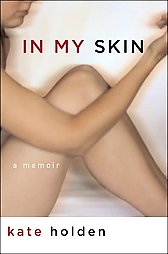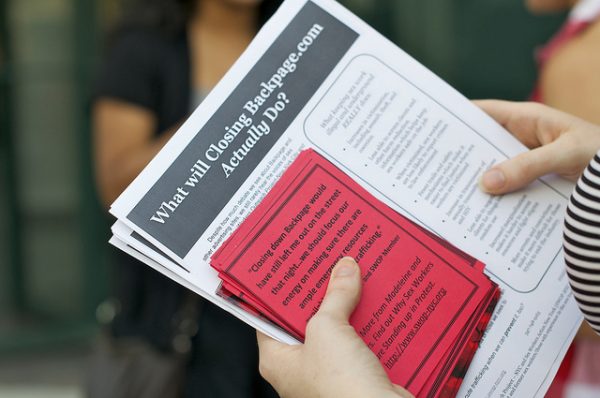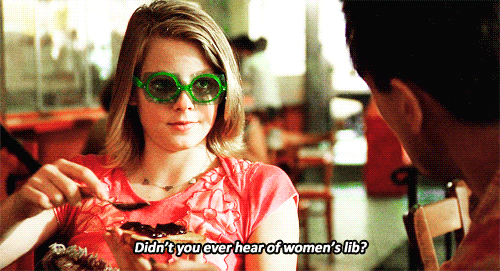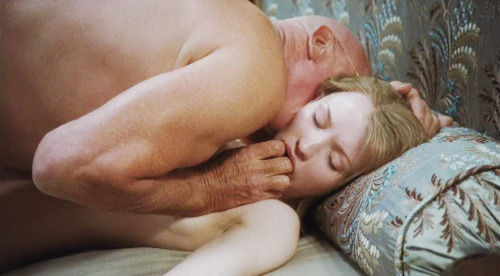The Erasure of Maya Angelou’s Sex Work History
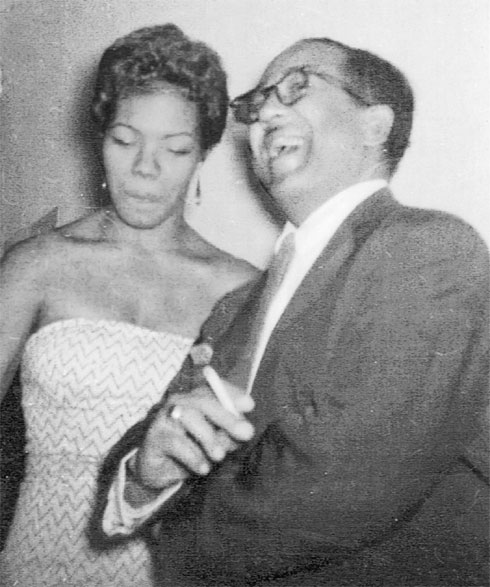
As Black History Month draws to a close, we thought revisiting Peech’s seminal essay on Maya Angelou would be appropriate.
Dr. Maya Angelou, American Poet Laureate, most famous for authoring I Know Why The Caged Bird Sings, passed away at age 86 on May 28th, 2014. Her literary agent Helen Brann confirmed the news to press, and thus began a worldwide outpouring of grief. The top trending tag on Twitter was “RIP Maya Angelou” and, at the time of this writing, it is one of four Maya Angelou-related trending hashtags. She is hailed as a national best selling author, a genius, a spiritual God-, Grand-, and mother. She is lauded as everything Black women should aspire to emulate in life. So why is it very few of us know she was a sex worker in her youth? Why is it, even in her death, as in her life, it’s such a guarded secret? Why was this secret kept by seemingly everyone except Dr. Angelou herself?
We can, once again, boil it down to respectability politics and stigma. I am angry about it. I find myself ruminating, considering, wondering: If her work had been talked about as much as her dancing with James Baldwin or even her considerable, commanding, and lovely height of six feet, what would the sex work community look like today? If we had talked about her wonderful compassion for sex workers, how she never looked down on them, and her refusal to be intimidated by invasive and obnoxious questioning about her sex working past, what would sex workers around the world be saying today in memory of her life?
Instead, we read post after post, obituary after tribute, calling her a “pimp” and saying she had “an unsuccessful stint as a prostitute.” The most detailed accounts currently online are making sure to emphasize that she spent a “brief stint,” a “short time” in the sex industry, so as to, without explicit words, solidify the shame they believe she should have felt, the shame we should feel as well. The media uses inflammatory terms to get clicks and to emphasize the terrible and shameful secret that was, in actuality, never a secret at all.
Dr. Angelou herself says she was never ashamed.
